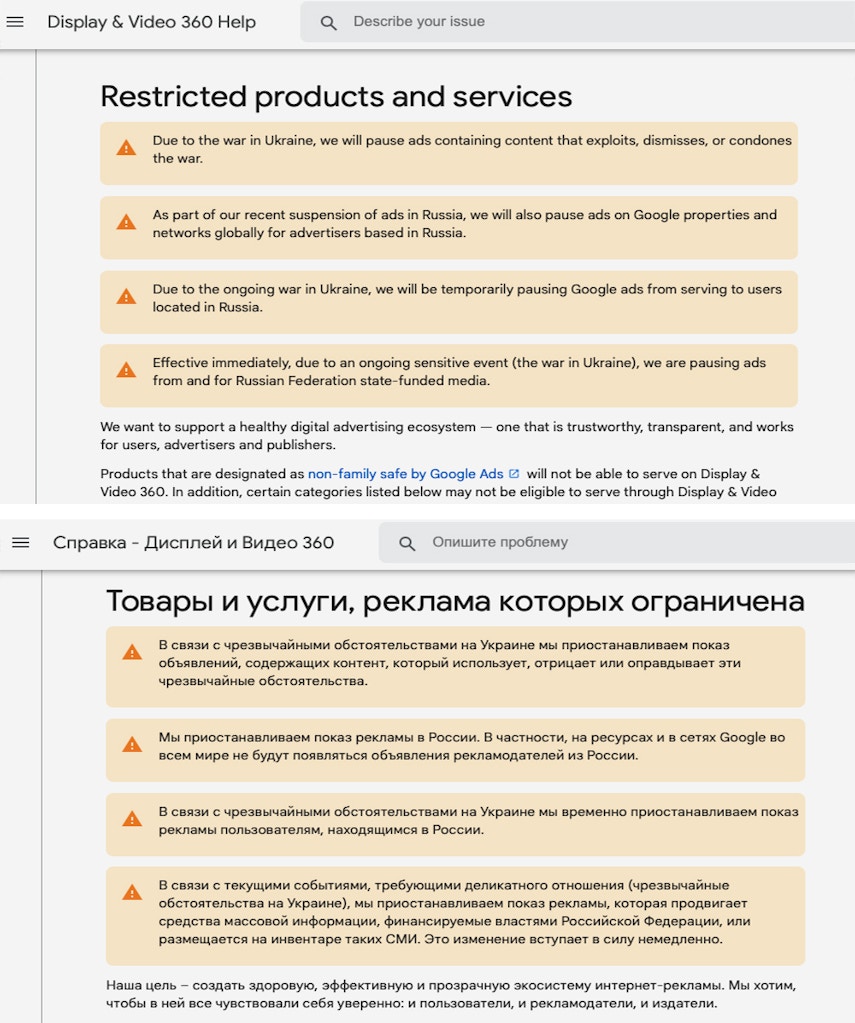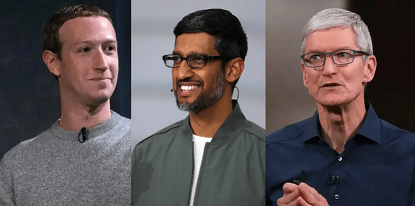By Eric Bush
They say the only constant in life is change itself, but that sounds an awful lot like a paradox, and my brain doesn’t like those. To me, the only constant in life is adapting to change. And that’s exactly what we need to do right now.
No, I’m not talking about the post-pandemic world’s “new normal” (anyone else getting sick of hearing that?). I’m actually talking about Google’s decision to say goodbye to expanded text ads (ETAs). Whether you’re just hearing about this for the first time or have been worrying about it for months, you’ve come to the right place.
Let’s take a look at what this change is, what it means for you and how you can adapt to it.
What’s Changing?
In 2016, Google introduced expanded text ads — a bigger, better way to communicate with your target audience. Now, 6 years later, Google is sunsetting this option. As of June 30, 2022, you will no longer be able to create or edit ETAs in your standard Search campaigns.
Hey, all good things must come to an end, right?
Don’t worry, though: Your existing ETAs won’t go to waste. Google says you’ll still be able to track their progress and even pause, resume or remove them at your leisure. You just can’t make new ones or edit the structure of those you already have.
Why Is This Happening?
According to Google, the sunset of ETAs is all part of “making it easier to show the right message on Search.” The goal is to keep up with changing consumer needs and expectations.
For example, did you know that 15% of daily search queries are totally new to Google? The company uses this stat to point out that search habits are changing — which means your ad strategy needs to change, too.
The key, Google tells us, is automation. Unfortunately, we’re not talking about robot butlers here; for now, automation is mostly focused on ad bidding and placement, so you can’t put your feet up just yet. You can, however, use automation to simplify your ad strategy.
That’s because Google is replacing ETAs with their younger, sharper siblings, responsive search ads (RSAs). These little guys use automation to “show the right message for the right query.” You provide your ad assets, Google uses its algorithms to choose the best combinations of headlines and graphics for a specific audience and voilà — an advanced ad strategy.
Even the biggest fans of ETAs will probably have to admit that this new approach has its advantages. Plus, RSAs can be bigger (300 characters vs. 150 for ETAs), so you don’t have to worry about cutting out your great content. Perhaps most importantly, Google says the return on investment (ROI) is promising: “Advertisers that switch from expanded text ads to responsive search ads, using the same assets, see an average of 7% more conversions at a similar cost per conversion.”
What Now?
Don’t panic: Your ad strategy can and will live on without ETAs. But say your goodbyes now, because RSAs are poised to become the next big thing in advertising.
To turn this change into an opportunity instead of a source of stress, brush up on these best practices:
Learn About Ad Automation
There’s a whole world of ad automation out there — one you might never have embraced if you were busy juggling your ETAs. Now you have a perfect excuse to do some research on Google’s algorithms, automated solutions and more. This will help you get more out of RSAs as you add them to your strategy.
Repurpose Your ETAs
Don’t trash all your hard work. Instead, Google recommends choosing high-performing ETA content and repurposing it in RSA format. You can also use the built-in ad strength analyser to make sure you’re on the right track. After all, as Google explains, “Advertisers who improve Ad strength for their responsive search ads from ‘Poor’ to ‘Excellent’ see 9% more clicks and conversions on average.”
Use RSAs to Tell New Stories
Advertising is all about telling stories, right? Well, RSAs make it easier for you to tell those stories without having to plot out every detail. All you have to do is fill in your characters and settings (that is, your headlines and images) and let Google’s automated system combine them in different ways depending on your audience, ad placement, campaign goals and more.
Remember, the only constant in life is adapting to changes like this one. But that doesn’t mean you have to idly wait for whatever the marketing and advertising worlds throw at you. Instead, you should stay informed — and with a resource like our newsletter in your inbox, you’ll be the first to know what’s coming around the corner.
By Eric Bush
Eric Bush is the Manager of Paid Search at Brafton. He has helped grow the Brafton consulting services department to focus on multiple PPC platforms/channels and expanded its partner program to include both Google and Microsoft. His expertise ranges from multichannel marketing and planning to data performance analysis, with a focus on paid search strategies.

























